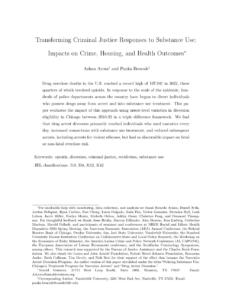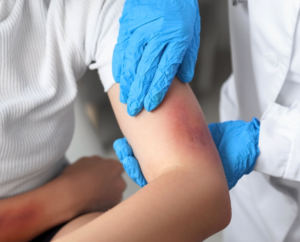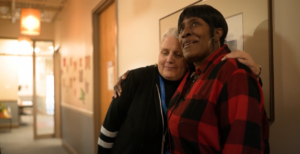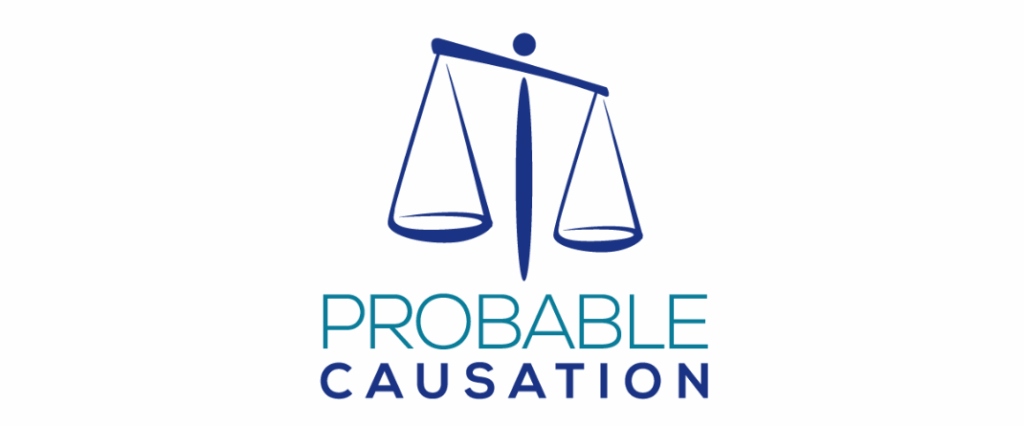Dec 2024
Agent-Based Model of Combined Community- and Jail-Based Take-Home Naloxone Distribution
This paper outlines the impact and cost-effectiveness of naloxone distribution, particularly for people facing criminal justice involvement.
Opioid-related overdose accounts for almost 80,000 deaths annually across the US. People who use drugs leaving jails are at particularly high risk for opioid-related overdose and may benefit from take-home naloxone (THN) distribution.

Transforming Criminal Justice Responses to Substance Use: Impacts on Crime, Housing, and Health Outcomes
This paper evaluates the impact of diverting individuals who possess drugs away from arrest and into substance use treatment in Chicago between 2010-2022.

Empirical Analysis of Prediction Mistakes in New York City Pretrial Data

Brookings Institution Commentary: Making the invisible epidemic visible
Using new data from a large urban trauma center in Chicago, we document substantial under-reporting of domestic violence at the time of receiving medical care.

Video about the Narcotics Arrest Diversion Program
This video provides an overview of the Crime Lab’s evaluation of the Narcotics Arrest Diversion Program, a program implemented by the community behavioral health provider Thresholds.
Latest Updates
The best way to cut gun violence, and it’s almost free
In an op-ed for Crain’s Chicago Business, Crime Lab Pritzker Director Jens Ludwig highlights the importance of using data-informed practices to improve public safety and shares key insights from behavioral economics that provide a playbook for addressing gun violence that is both effective and low-cost.

Research on cognitive behavioral therapy for at-risk youth
Dr. Nour Abdul-Razzak joins host Jennifer Doleac on the Probable Causation podcast to discuss the Choose to Change program—an intervention that integrates trauma-informed therapy with comprehensive support to reduce youth violence and improve educational outcomes.

Deaths of decision-making are killing American teens. Schools can fix it.
Crime Lab executive director Katie Hill pens an op-ed for Brookings about how cognitive behavioral programs can teach teens decision-making skills that can dramatically reduce violence and save lives – often at little or no additional cost.

